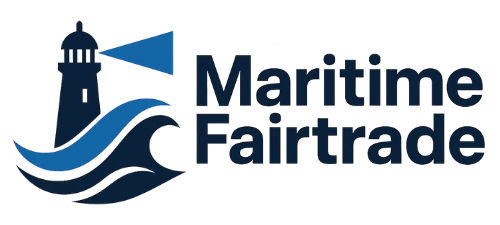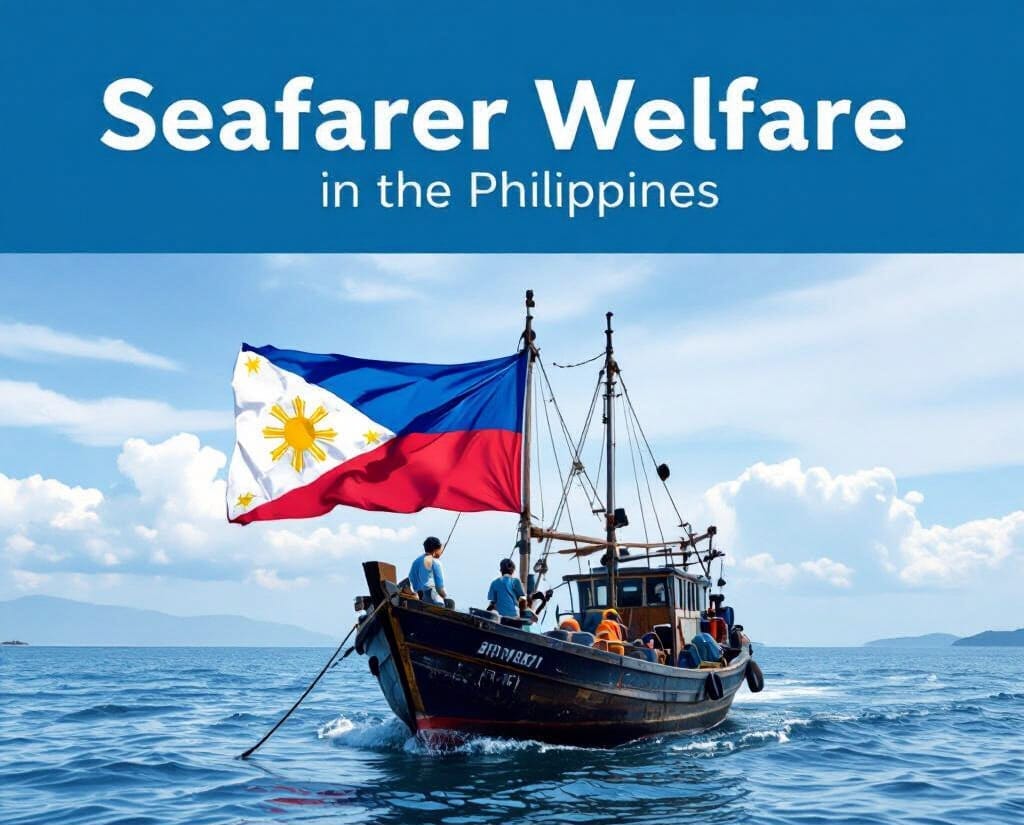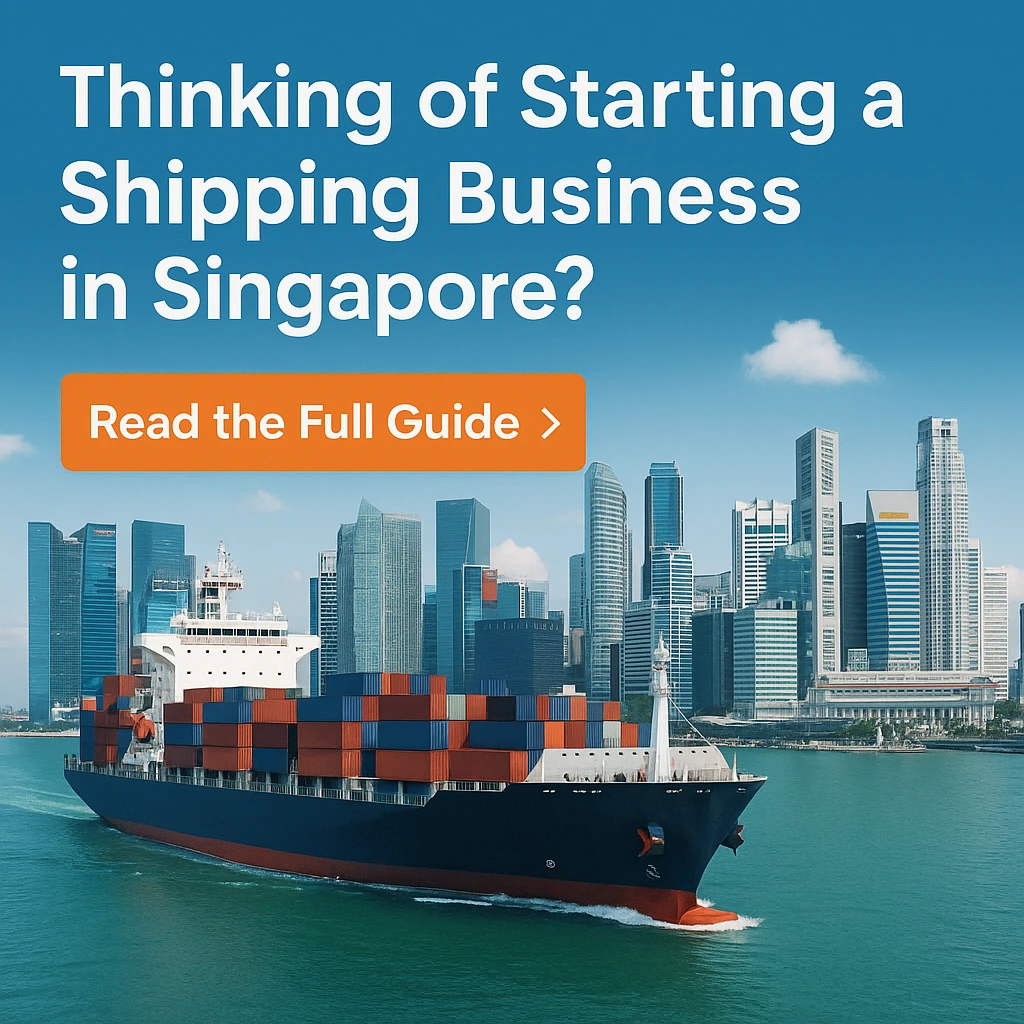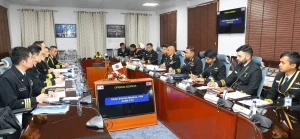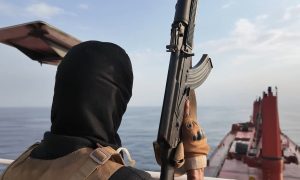The Philippines stands as one of the world’s leading suppliers of seafarers, with over 400,000 Filipino mariners deployed on international vessels every year. Their contribution to global shipping is unparalleled, but the welfare of Filipino seafarers faces ongoing scrutiny, especially in light of evolving international standards and persistent local challenges.
Setting the Standard: The Philippine Magna Carta of Seafarers
The Philippine government has taken significant steps to protect and empower its maritime workforce. The cornerstone of these efforts is the Philippine Magna Carta of Seafarers, which sets out comprehensive rights and protections for those working at sea. This legislation aims to align local standards with international conventions such as the Maritime Labour Convention (MLC) 2006, ensuring that Filipino seafarers enjoy fair wages, decent working conditions, and access to medical care.
Key provisions of the Magna Carta include:
- Employment Rights: Guaranteeing fair contracts, freedom from discrimination, and protection against illegal recruitment.
- Health and Safety: Mandating safe working environments, regular medical examinations, and access to mental health support.
- Social Benefits: Ensuring seafarers and their families receive social security, insurance, and compensation for work-related injuries or illness.
- Training and Education: Promoting continuous professional development and compliance with international standards.
Persistent Challenges
Despite these robust legal frameworks, Filipino seafarers continue to face significant challenges:
1. Contractual Issues and Exploitation
Many seafarers report unfair contracts, delayed wages, or non-payment. Some are victims of illegal recruitment, ending up in precarious jobs without proper documentation or protection.
2. Health and Wellbeing
Long periods at sea, isolation, and demanding workloads contribute to physical and mental health issues. Access to quality healthcare, especially mental health support, remains limited for many.
3. Family Separation
Extended contracts mean months away from loved ones, causing emotional strain and difficulties in maintaining family relationships.
4. Training Gaps
While the Magna Carta emphasizes training, some seafarers still struggle to access quality education and certification, especially in rural areas.
5. Legal Enforcement
Enforcing the Magna Carta’s provisions remains a challenge. Some shipowners and recruitment agencies circumvent regulations, leaving seafarers vulnerable.
Solutions and Path Forward
Addressing these challenges requires a multi-faceted approach:
- Strengthening Enforcement: Government agencies must rigorously monitor compliance with the Magna Carta and penalize violators.
- Improved Recruitment Practices: Licensing and oversight of recruitment agencies should be enhanced to prevent illegal activities.
- Accessible Healthcare: More resources should be allocated for seafarers’ health, including mental health services and telemedicine options.
- Family Support Programs: Initiatives to support seafarers’ families, such as counseling and financial literacy training, can reduce the impact of separation.
- Continuous Education: Investment in maritime schools, scholarships, and digital learning platforms will help bridge training gaps and maintain global competitiveness.
Conclusion
The welfare of Filipino seafarers is a national priority, as their work sustains both the local economy and the global shipping industry. The Philippine Magna Carta of Seafarers provides a strong foundation, but continued vigilance, investment, and collaboration are essential to ensure that every Filipino mariner enjoys the rights and protections they deserve.
